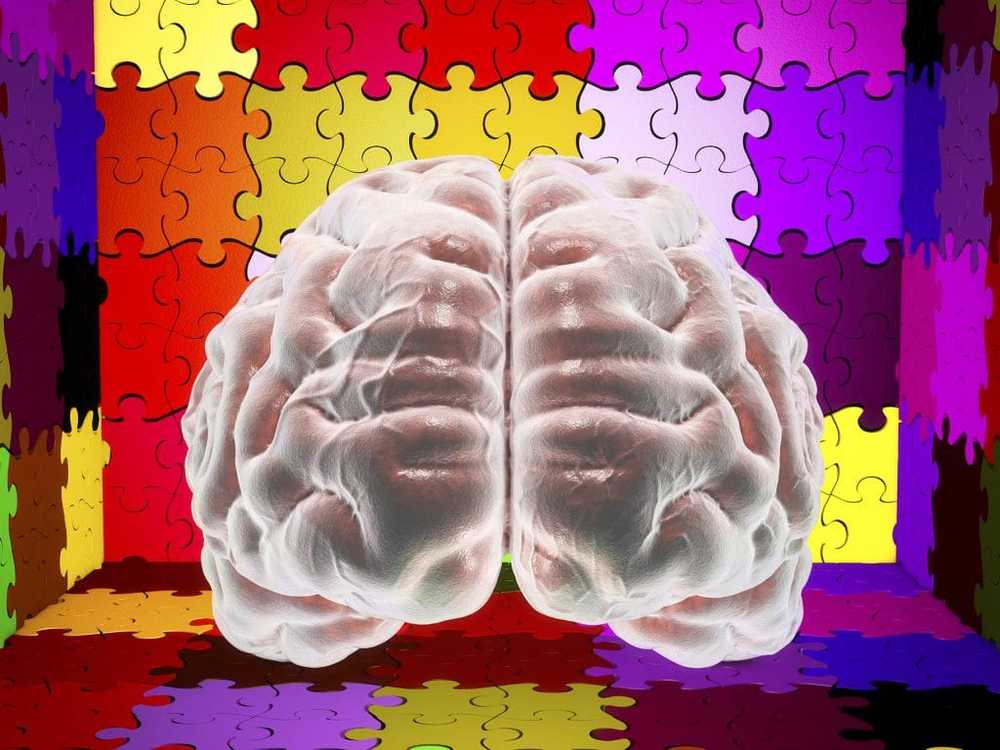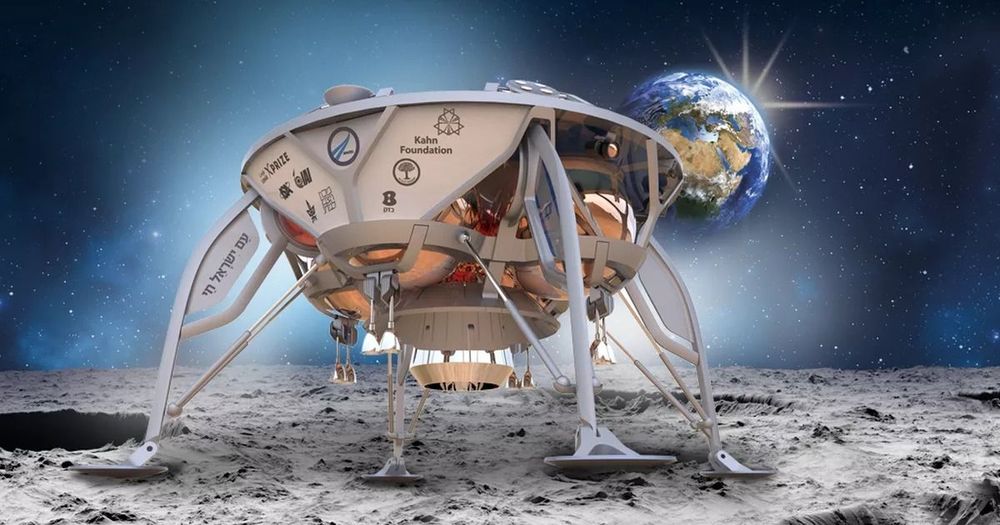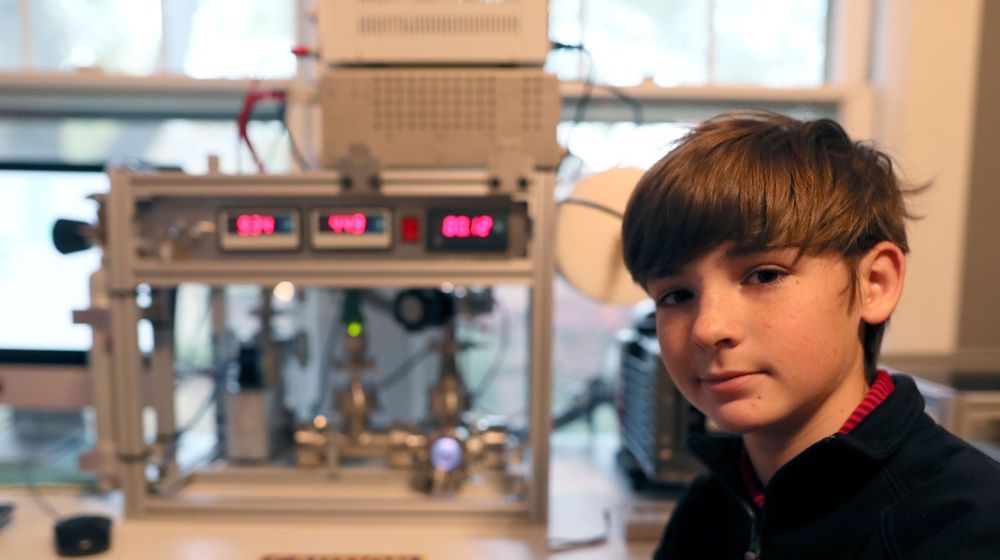Page 9133
After years of promise, AI is finally becoming useful. But what usually happens to useful technologies is that they disappear. We forget about the things that just work, and we shouldn’t let that happen to AI. Any technology destined to change the world needs scrutiny, and AI, with its combination of huge imaginative presence and very real, very dangerous failings, needs that scrutiny more than most.
So, for the AI Issue at The Verge, we’re taking a closer look at some of the ways artificial intelligence and machine learning are affecting technology right now — because it’s too late to understand something after it’s changed the world.
Feb 2, 2019
Researchers want to revolutionise AI
Posted by Genevieve Klien in categories: quantum physics, robotics/AI
Today, I talk not just about Exponential Technologies but also about Exponential Combinations, by combining Quantum Computing with Neural Networks we’d revolutionise both.
Feb 2, 2019
Facebook wants to detect when you are angry
Posted by Genevieve Klien in category: robotics/AI
Facebook is working on an artificial intelligence that it hopes could one day detect people’s emotions based on their tone of their voice, aiming to alleviate the frustrations of modern voice speaker systems such as Alexa.
Engineers at the social network’s research labs are working out how to train its voice-controlled video chat device, Portal, to understand when a user is angry, an employee said during a tech conference in San Francisco.
The system could one day be used across Facebook Messenger and WhatsApp calls, but could lead to privacy fears about the scope of the company’s data collection.
Continue reading “Facebook wants to detect when you are angry” »
Feb 2, 2019
Finding Differences in Brain Connectivity May Aid in Autism Diagnosis
Posted by Genevieve Klien in category: neuroscience
New research looks at distinctive differences in brain connectivity that may underlie autism spectrum disorders (ASD) — and possibly provide much-needed biomarkers to aid in identifying the disorder.
Diagnosis for ASD is still behaviorally based. But getting a diagnosis can take longer due to several factors, including lack of resources and trained clinicians. This delays autism diagnosis, on average, until age 5 or 6.
“Within ASD, two important research questions are: How can we minimize the delay in diagnosis, and what kind of intervention can we give the child?” said Rajesh Kana, Ph.D., associate professor of psychology in the UAB College of Arts and Sciences.
Continue reading “Finding Differences in Brain Connectivity May Aid in Autism Diagnosis” »
Feb 2, 2019
NASA asteroid WARNING: Asteroid discovered last week is headed for Earth approach TODAY
Posted by Alberto Lao in category: space
A GIANT asteroid discovered by NASA’s trackers only last week is now barreling towards the Earth, the US space agency revealed.
Feb 2, 2019
Blue Origin inks deal to launch internet satellite constellation
Posted by Genevieve Klien in categories: internet, satellites
An artist’s rendering of Blue Origin’s New Glenn rocket during its ascent into orbit. Image Credit: Blue Origin.
CAPE CANAVERAL, Fla. — Blue Origin’s New Glenn rocket has been selected by Canadian-based Telesat to send a fleet of satellites into orbit. The payload for these flights could help improve web services around the globe.
The satellites, designed to provide internet services across the globe, will be sent to low-Earth orbit by Texas-based Blue Origin’s New Glenn over the course of multiple launches.
Continue reading “Blue Origin inks deal to launch internet satellite constellation” »
Feb 2, 2019
First Private Lunar Lander Passes Launch Tests at SpaceX Facility
Posted by Genevieve Klien in category: space travel
Feb 2, 2019
Cluster of ‘super-Earths’ found hiding in dust
Posted by Genevieve Klien in category: space
Astronomers spotted gaps in the dusty discs around stars that can only be filled by planets.
Feb 2, 2019
Weathersbee: To build a nuclear reactor, the ‘nuclear kid’ had to become a welder first
Posted by Genevieve Klien in categories: education, nuclear energy
Jackson Oswalt, 14, built a nuclear reactor at his home. He may be a potent weapon for state Sen. Katrina Robinson’s push for middle school skills training.


















